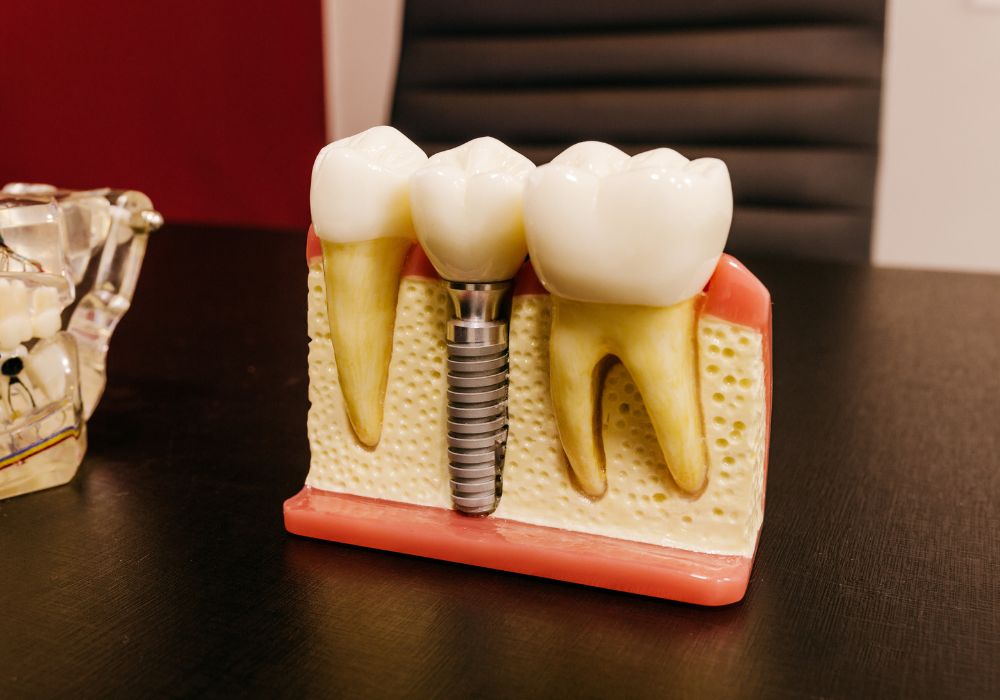Dental implants have revolutionized modern dentistry, offering a long-lasting solution for missing teeth. However, for individuals with diabetes, the decision to undergo dental implant surgery may come with questions and concerns. In this article, we’ll delve into the relationship between diabetes and dental implants, addressing common concerns and highlighting why dental implants can be a viable option for diabetics.
Let´s start with the most frequently asked questions about How Does Diabetes Affect Treatment With Dental Implants?
The Link Between Diabetes and Dental Health:
Diabetes is a metabolic disorder characterized by elevated blood sugar levels. It can significantly impact oral health, increasing the risk of gum disease, tooth decay, and tooth loss. Poorly managed diabetes can compromise the body’s ability to fight infection and heal properly, posing challenges for dental procedures such as implants.
Health risks posed by diabetes
Diabetes refers to a group of metabolic diseases that affect the body’s ability to process a simple sugar known as glucose. The pancreas produces insulin, which helps regulate glucose levels. Diabetes can lead to low insulin levels, resulting in high and low blood sugar levels that can result in a number of different health problems, including vision loss, kidney disease, and nerve damage.
A number of people who suffer from diabetes are more likely to suffer from gum disease and tooth loss than people who are not diabetic. Dental implants sounds like a great idea for diabetics who are missing teeth, yet there are some challenges to consider.
Potential issues with healing after oral surgery
Diabetics tend to be at greater risk for infection than non-diabetics. This is because the condition slows down the body’s ability to fight infection. This accounts for the increased risk of gum disease, and it could also account for infection after a surgical procedure. Since dental implants are placed through oral surgery, there is a higher risk of post-op infection for diabetics.
Potential risk of implant failure
Beyond infection risks, there is a chance of dental implant failure in some diabetics whose conditions are not properly controlled or monitored. In such cases, post-operative healing may be slow or poor, meaning that the implants don’t fuse with the tissues of the mouth. In such cases, the implants are not able to support dental appliances.
Can diabetics get dental implants?
Yes, in many cases.
Despite the potential challenges posed by diabetes, people with type 1 or type 2 diabetes can still receive dental implants so long as they can keep their condition monitored and under control.
During the consultation process, we can make suggestions regarding your treatment options for tooth loss. We’ll also go over ways that you can increase the chances of success during an implant dentistry treatment.
Discuss your treatment options with your dentist
The best ways to learn about your treatment options for tooth loss is to come in for a consultation. We will be more than happy to discuss How Does Diabetes Affect Treatment With Dental Implants? and alternative therapies with you in greater detail. By answering your questions and addressing your concerns, we can develop the right treatment plan for you and your needs. Contact us now.

